In the world of amateur radio, the number "73" holds a special place. It is a traditional sign-off term that means "Best regards" or "Best wishes." The origins of "73" date back to the early days of telegraph communication in the 19th century, specifically to the 1859 publication of "The National Telegraphic Review and Operators Guide," which listed it as part of a standardized set of numerical codes used to convey common phrases quickly and efficiently.
Originally, "73" meant "my compliments," but over time, it evolved into a more general expression of goodwill. When radio communication became popular, amateur radio operators, known as "hams," adopted this shorthand in their Morse code transmissions, and it remains in use today, even in voice and digital communications.
Using "73" is more than just a habit; it reflects the camaraderie and shared history among hams. It's a reminder of the long-standing traditions that bind the amateur radio community together. So, the next time you hear or see "73" at the end of a QSO (conversation), you'll know it’s a friendly farewell and a nod to the rich heritage of amateur radio.
73!

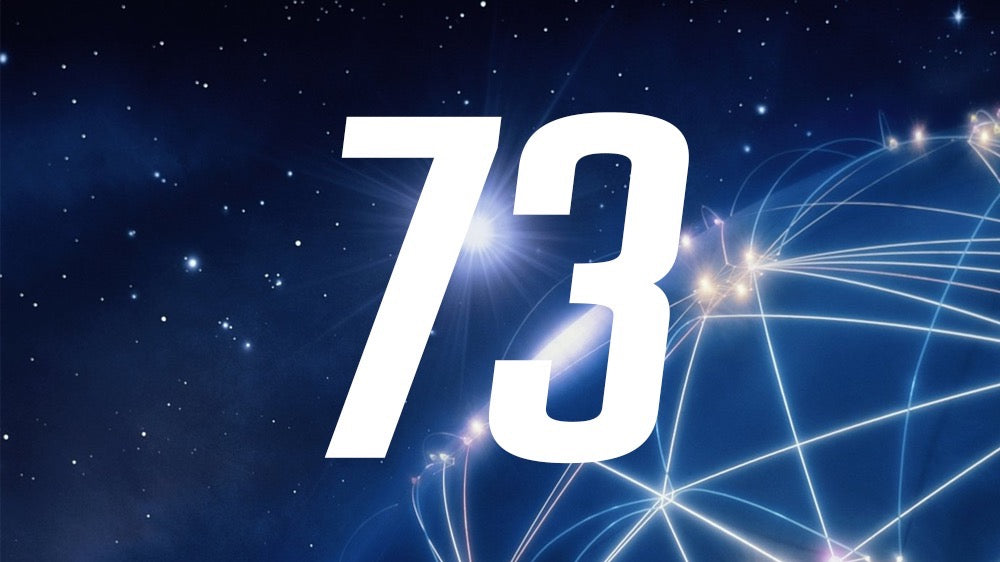

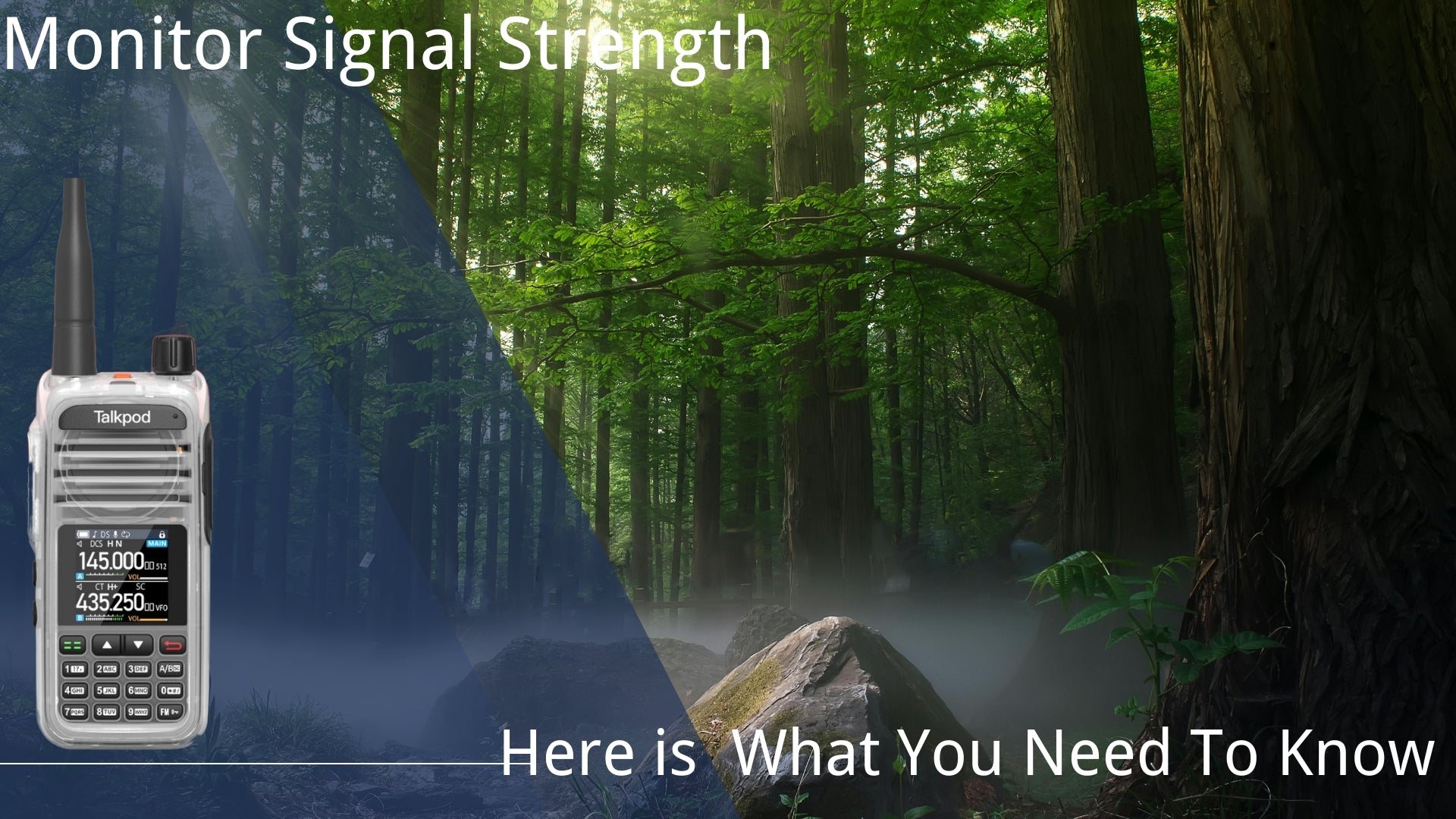
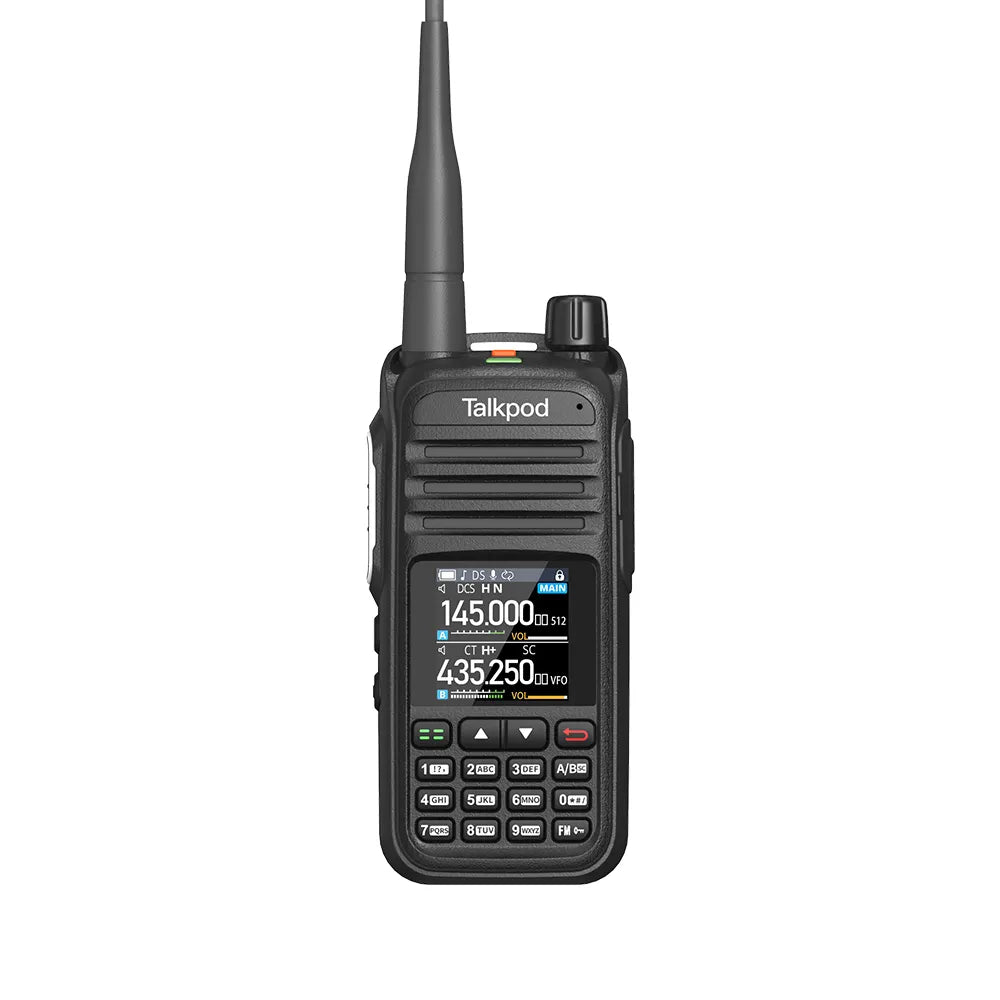
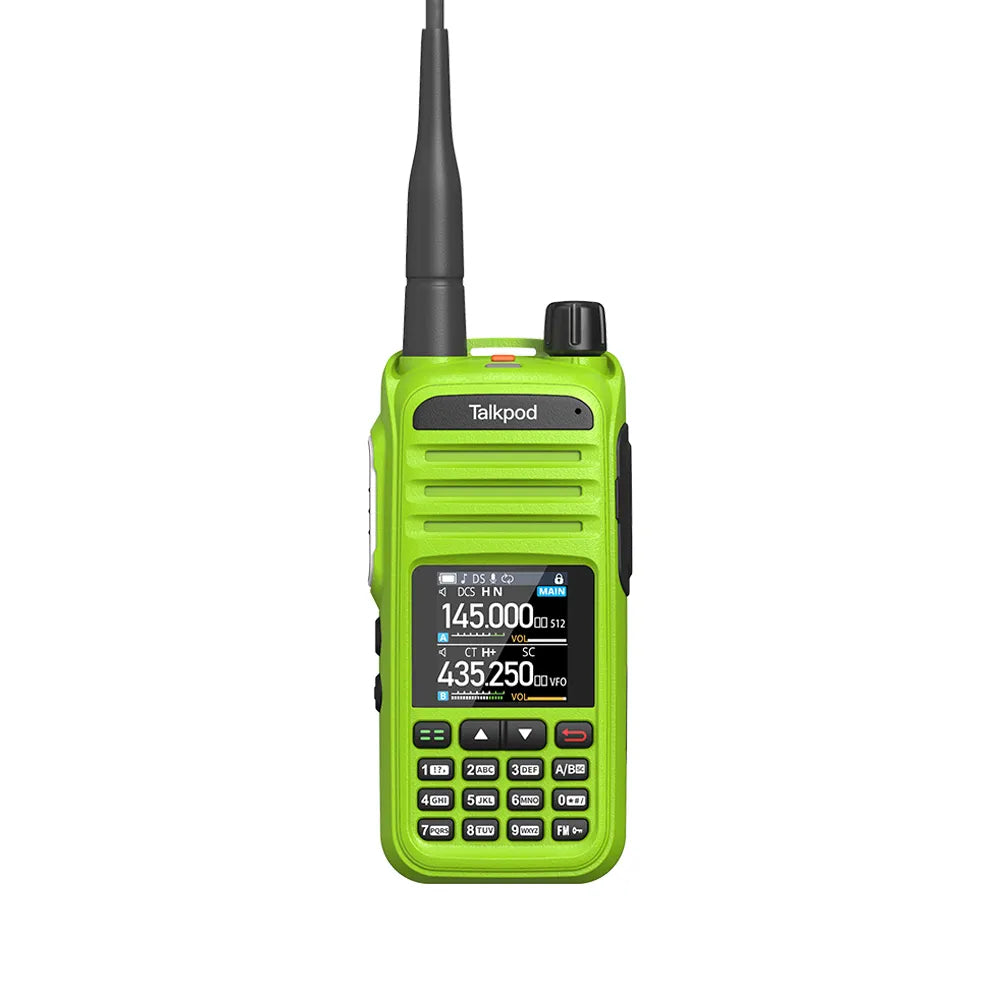
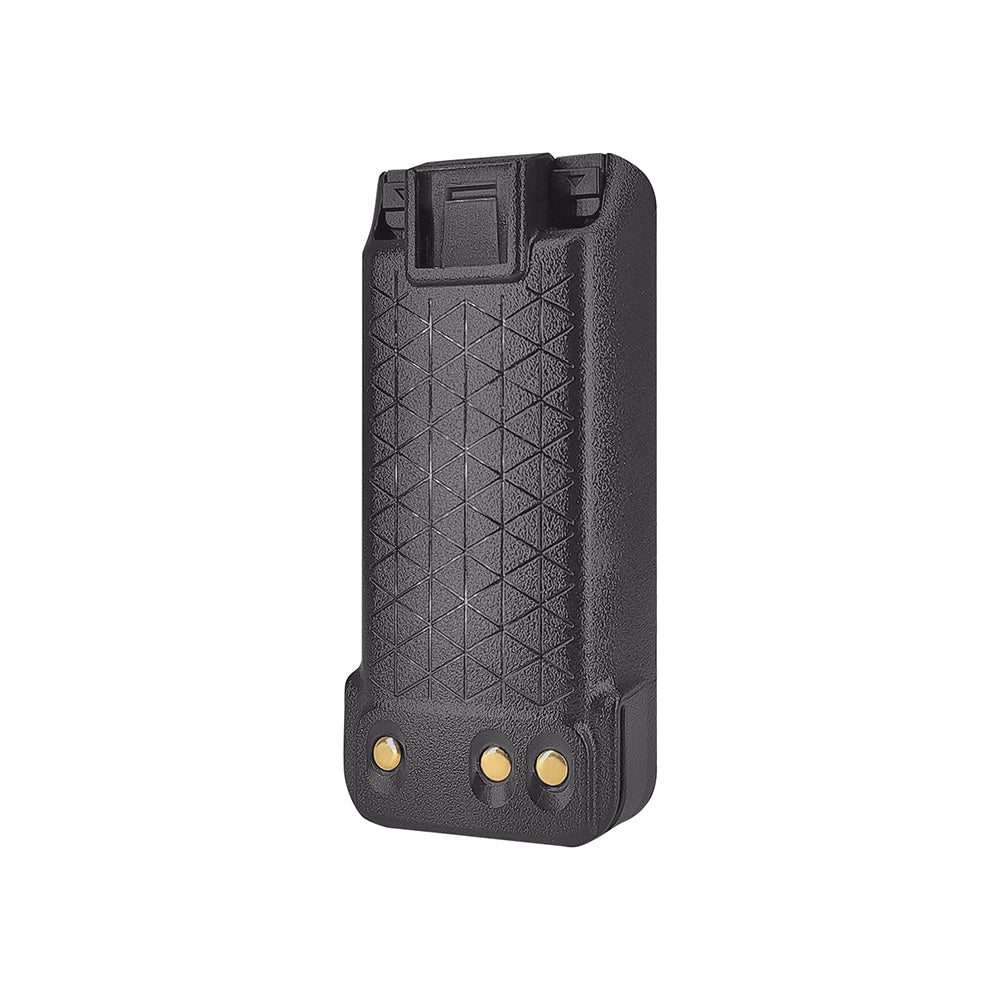
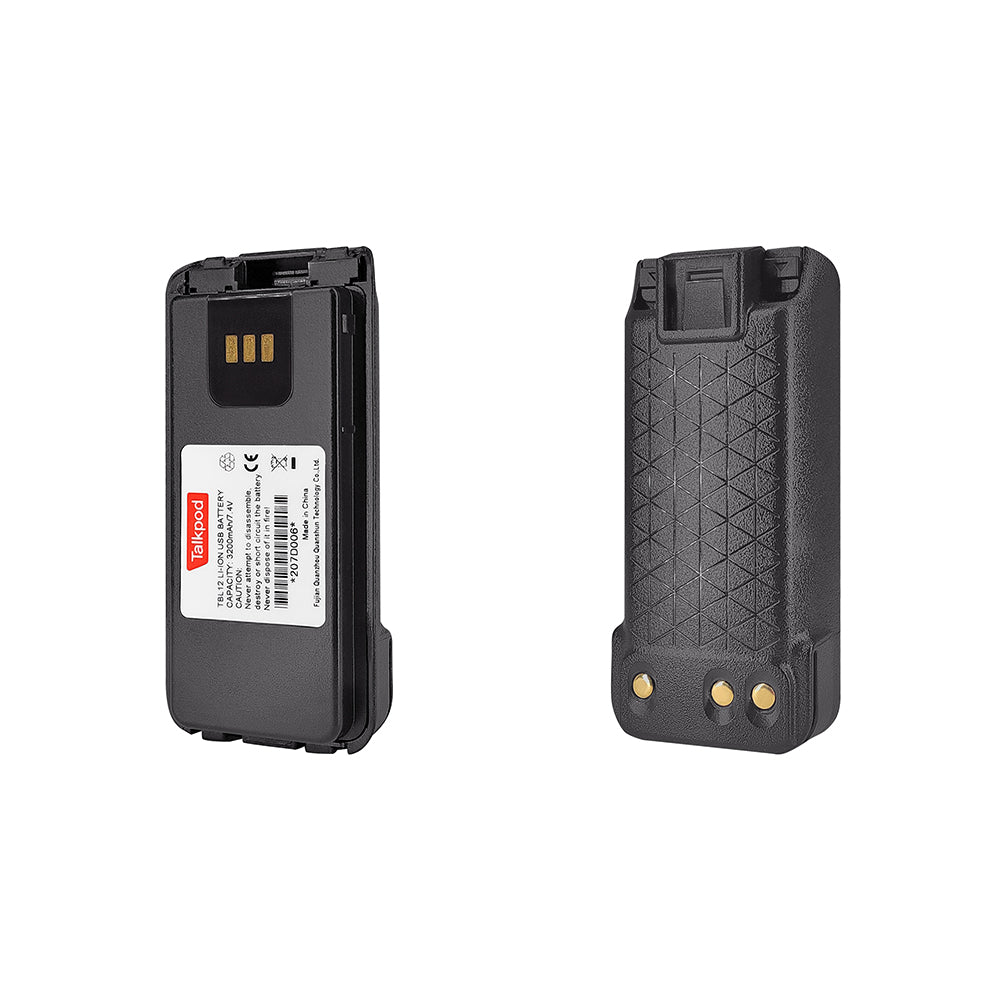
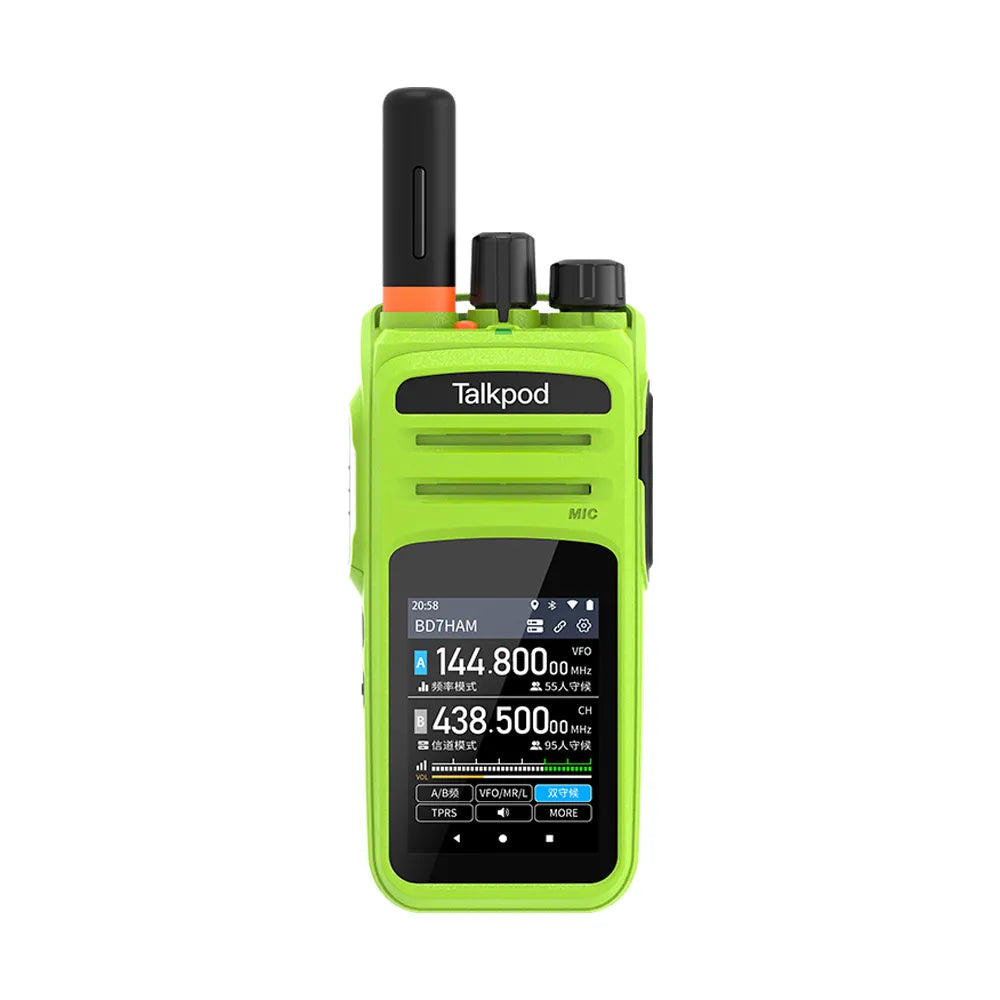
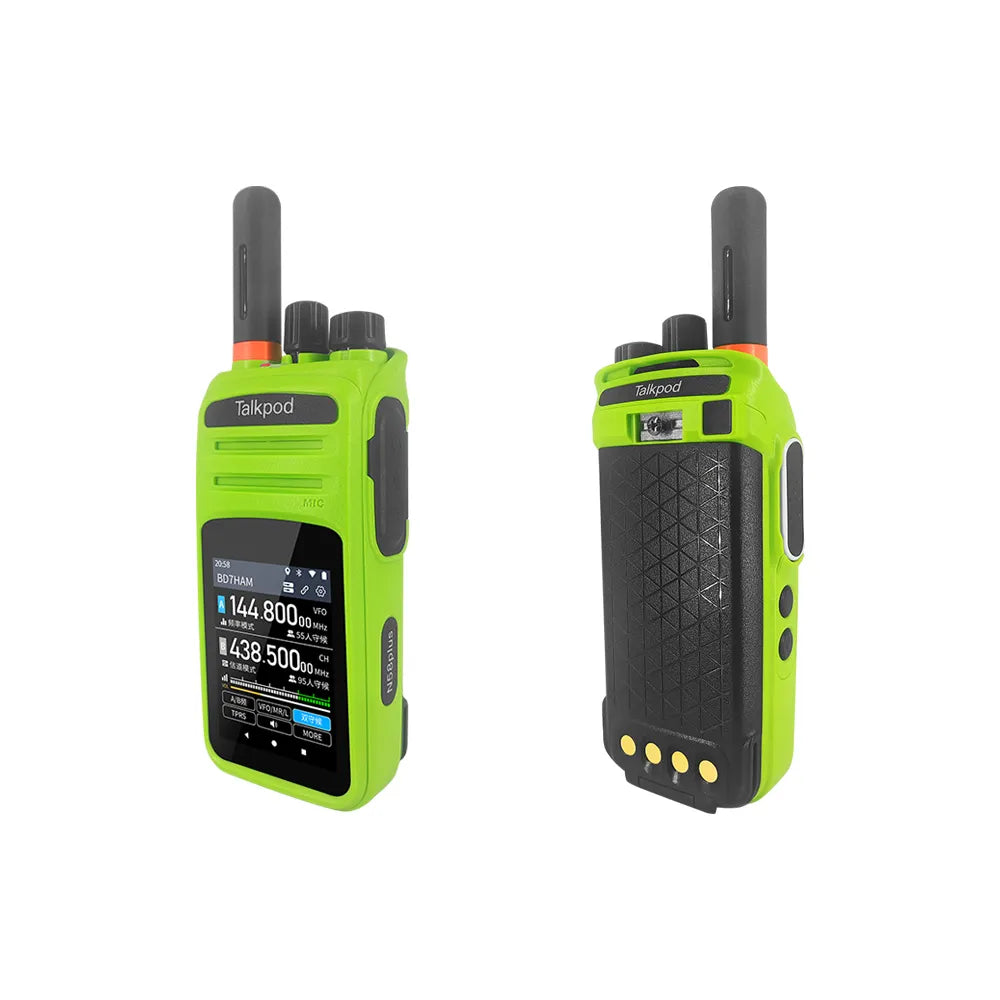
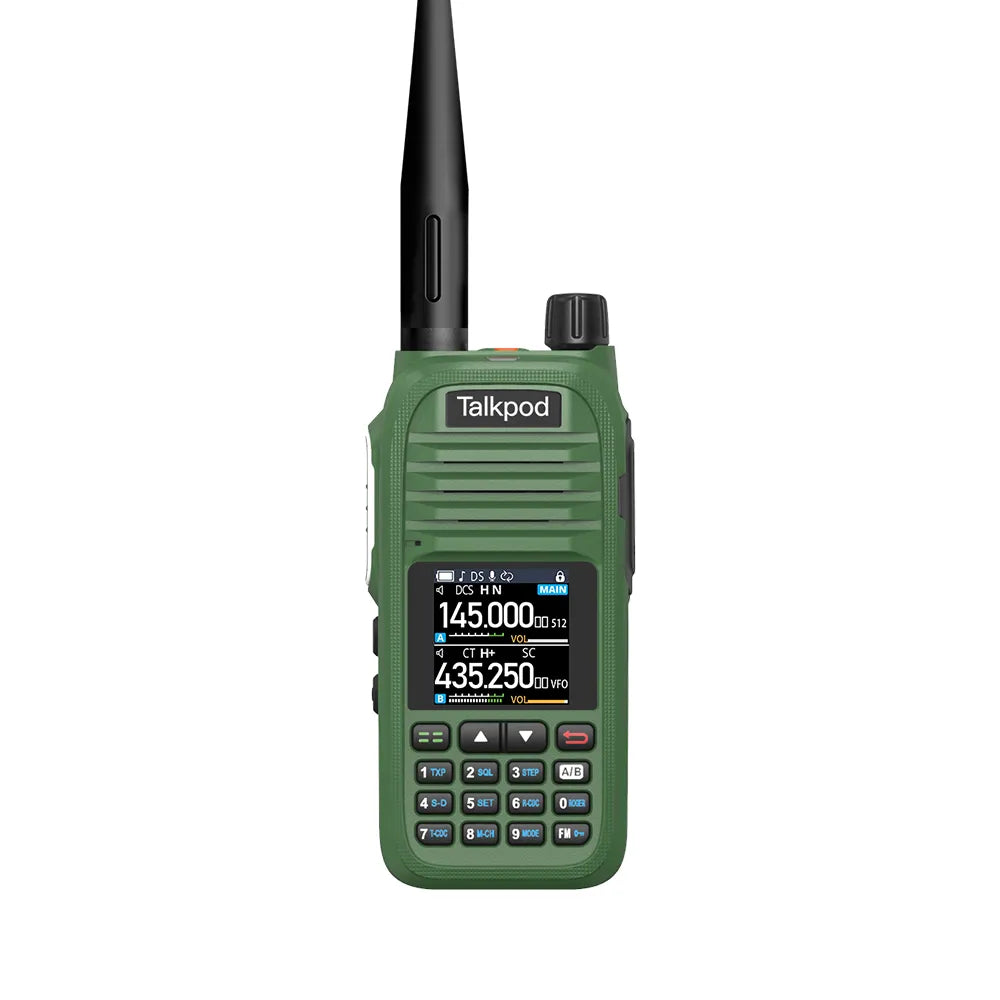
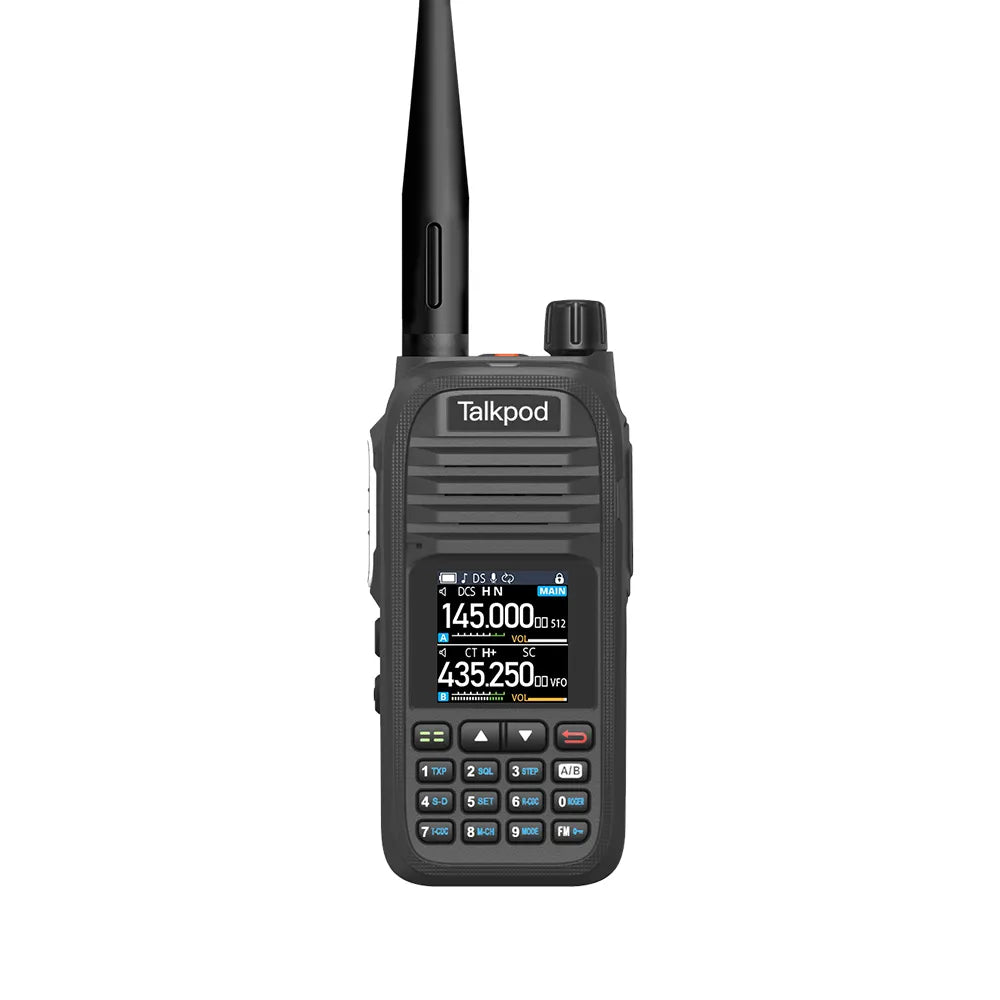
Leave a comment
All comments are moderated before being published.
This site is protected by hCaptcha and the hCaptcha Privacy Policy and Terms of Service apply.